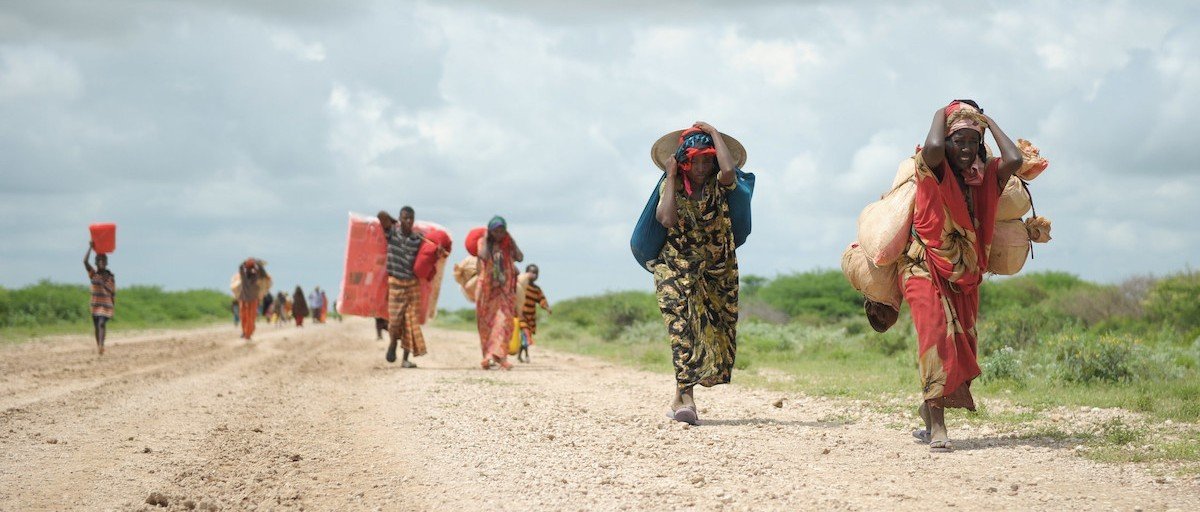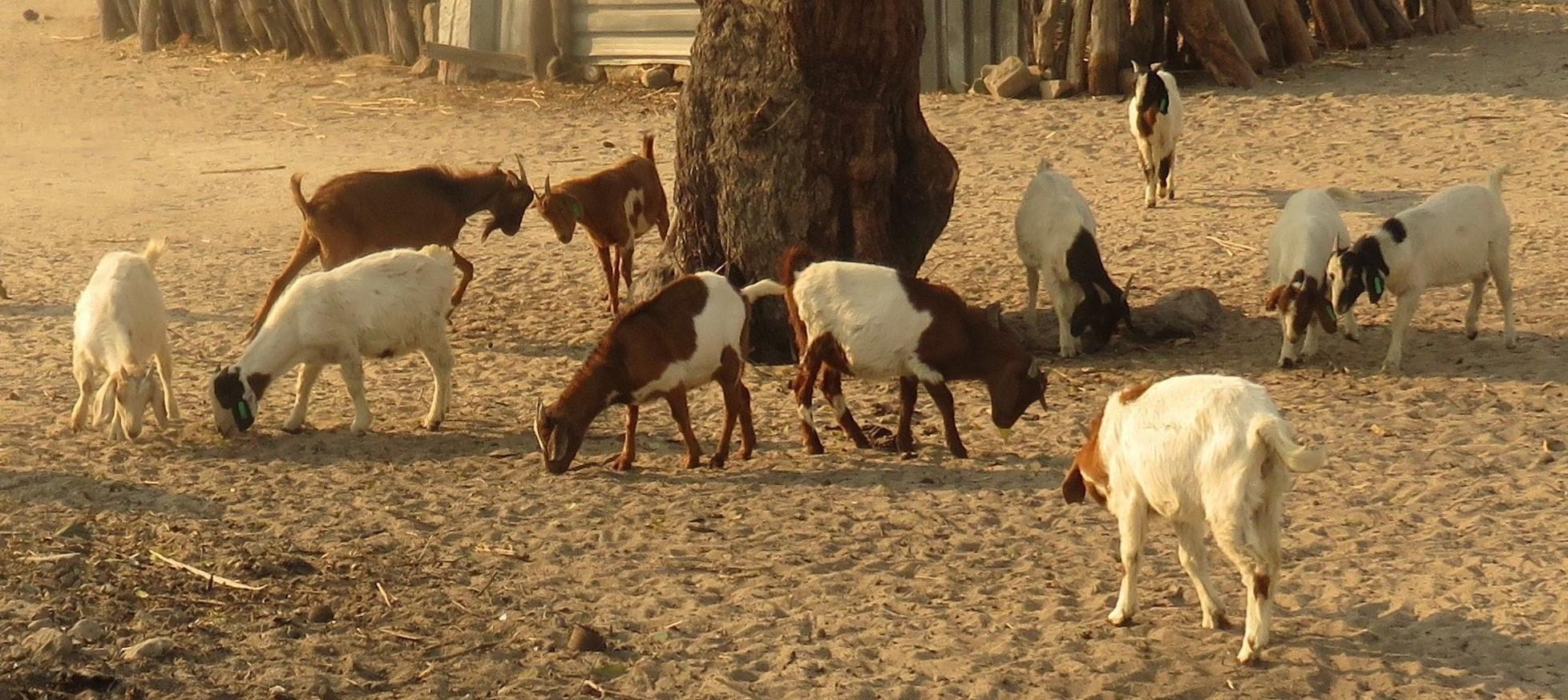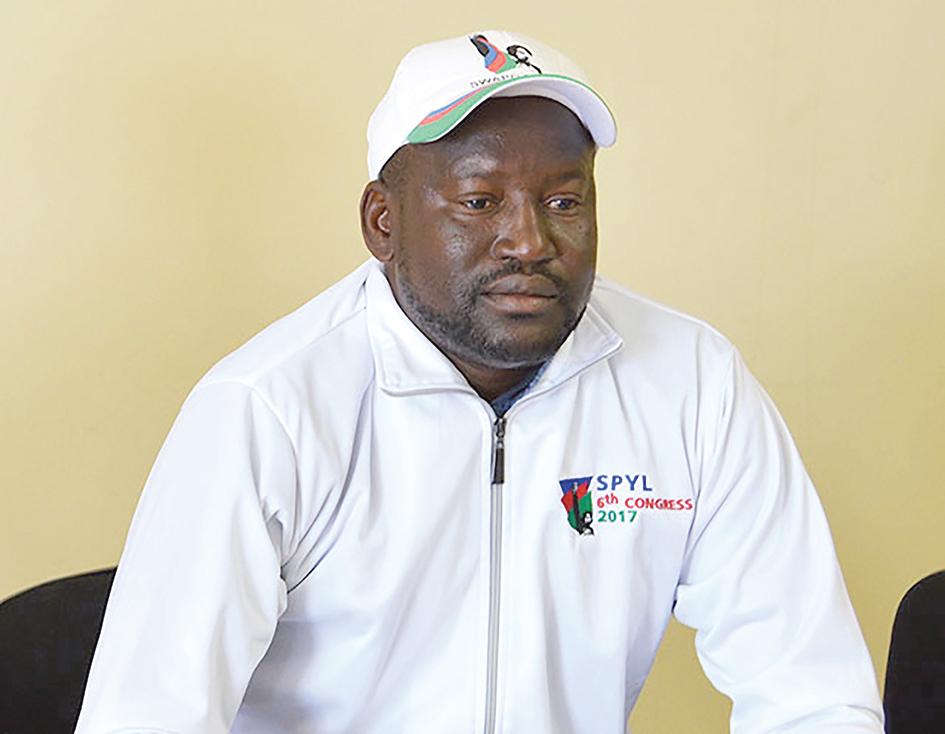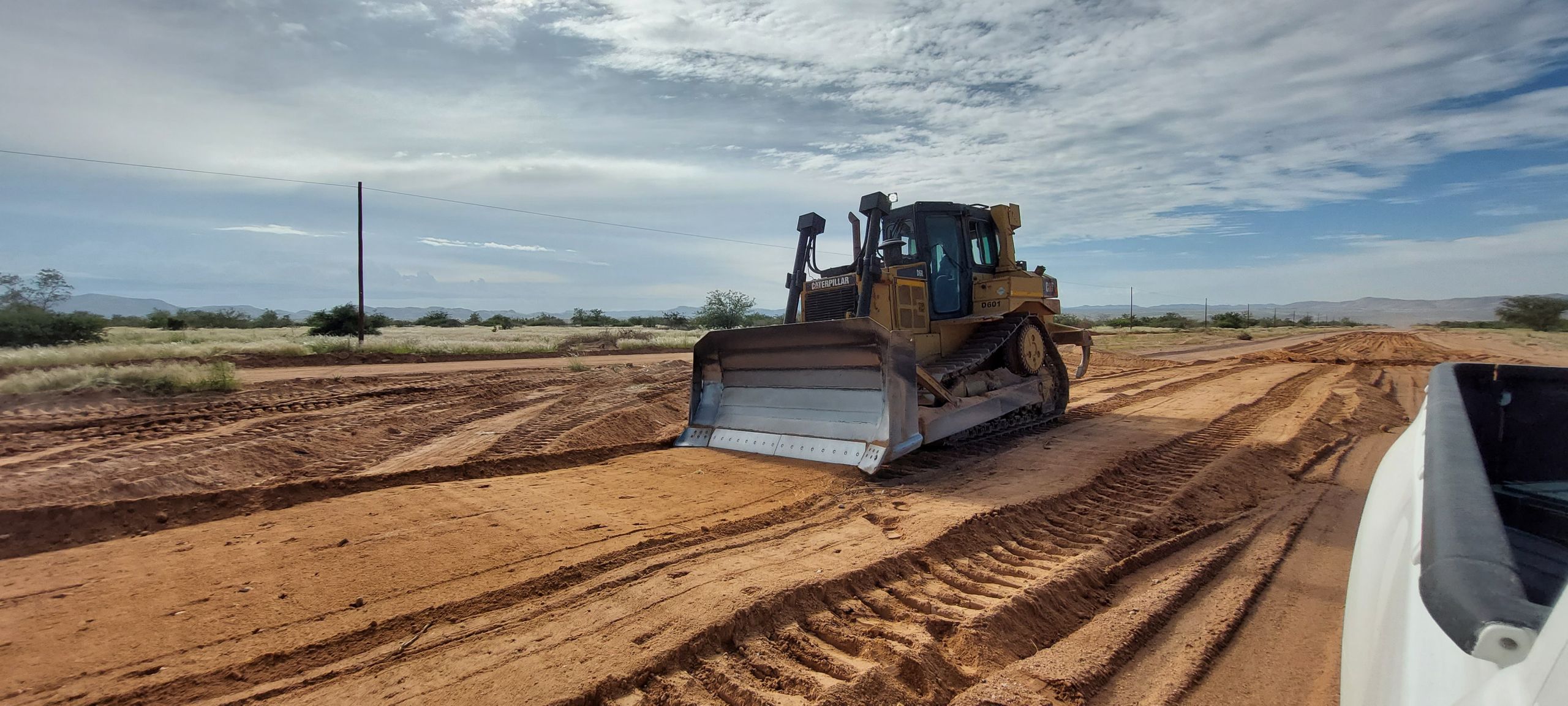Funding for tertiary education has created much controversy this year. Pupils from South African universities have gone on strike to demand a decrease in tuition fees, bringing about the #FeesMustFall movement.
Namibians showed solidarity in the cause as well, creating various demonstrations and varsity lockdowns during examination time to put forward the seriousness of the issue.
Their efforts may have been successful, but some who are still in high school are unable to start university due to a lack of funding.
Thanks to a variety of government initiatives and private companies who are offering scholarships, bursaries, loans and grants, obtaining a degree no longer has to be a dream, but can be a reality.
YouthPaper explores the opportunities available to Grade 12s at the moment.
Namibia Students Financial
Assistance Fund (NSFAF)
Dedicated to students who are burdened financially, NSFAF provides funding for studies at approved institutions around the world. But these fees are not just given to anyone. The NSFAF board has to reflect on and research the background of the applicant, and only after certain procedures can they award financial assistance.
In a new award policy issued by NSFAF, it states that “it is necessary to ensure the fund’s sustainability by improving the recovery rate”. Therefore, two major changes will take place: The Income Contingent Loans (ICL) has been introduced where it makes it easy for loan-holders to pay back the money, as well as looking at the loan-holders’ future level of income.
But who is eligible for a loan? Everyone. However, the NSFAF looks at the combined parental income, level of priority of the region of origin, priority field, number of dependents under 18 as well as the number of dependents over 18 attending any education institution as well as whether the applicant belongs to any marginalised groups.
NSFAF also will not send students to just any institution. They prefer public and private local institutions of higher learning registered with the National Council of Higher Education (NCHE) and accredited by the National Qualification Authority of Namibia (NQA) and properly registered vocational training centres.
The NSFAF offers loans (free of interest but repayable), low priority based loans (for students who intend to pursue their studies in areas with human resources shortages), medium-priority based loans, partial grants for students going abroad, co-funding loans, grants and scholarships.
Interested in applying? NSFAF’s application forms can be found at the NSFAF head office, high schools around the country, NSFAF regional offices, all Namibian College of Open Learning (Namcol) centres and Namibian diplomatic missions abroad.
As soon as your submission is approved, you will receive an acknowledgement letter and if you are selected, you will receive a notification through text message or email.
The requirements are as follows: Only Namibian citizens may apply and applicants should have obtained at least 25 points (in Grade 12) in five subjects with at least an F in English.
Applicants who have improved their English marks will be considered, as long as the programme they have done is not less than three months and they have passed it. Applicants who have post-Grade 12 qualifications but less than 25 points in Grade 12 may be considered as well as those who intend to apply for Mature Age Entry. Those who want to do bridging programmes will also be considered.
Applicants must provide proof of parental income or a declaration under oath if their parents are unemployed. Loans and grants will only cater to those studying from NQF level five and above. To qualify for funding, you also have to register at any institution of higher learning. No student will receive funds if they have failed a previous academic year and decide to apply for another programme.
More Opportunities
Some of the opportunities offered at the moment include the American University Emerging Global Leadership Scholarship which starts in August 2017. You can study any undergraduate programme at any university in the United States of America, but only one scholarship is available.
People from disadvantaged socioeconomic backgrounds are encouraged to apply. A minimum of a 3,8 GPA is required (or being in the top 10% of a graduating class) from Grade 9 to 12 and you must have a passion for leadership and volunteerism.
To apply, complete an online scholarship form at american.edu/admissions/international/egls.cfm by 10 January 2017 at the latest.
Is the United Kingdom more in your scope of studies? The Gates Cambridge Scholarship for International Students is available to you. Only 95 scholarships are awarded each year for those who are interested in pursuing a PhD, masters in Science or Masters in Literature, or a one-year postgraduate course in any subject at the University of Cambridge. This scholarship covers absolutely all costs, including tuition fees. To be considered, you need to apply at the University of Cambridge before 7 December. For more information, check out gatescambridge.org.
Some Get, Others Don’t
Frans Uugwanga, who graduated with communications degree, was not necessarily hassled for funding, but he did encounter some challenges. “It was not a big problem paying for myself, but it is quite an expensive process because not everyone can afford to pay for themselves,” he said.
However, for Julianne Sheehama, who has been accepted to study at the University of Burmingham for an integrated master’s degree, it is still a struggle to find funding for her two-year degree as she was unable to find any financial assistance. “I’ve been working in the mining industry for about 10 years. There’s a need for education in this area,” she said. “The mineral industry is key.”
Searching for over three months for assistance has proven to be difficult. “I have approached a lot of companies but I haven’t had any luck.” Her tuition fees are set to cost £18 000 (N$324 471). “NSFAF are unwilling to fund me because it’s a lot of money and said that they would only fund me if it was in the SADC region or in Namibia.”
Stay informed with The Namibian – your source for credible journalism. Get in-depth reporting and opinions for
only N$85 a month. Invest in journalism, invest in democracy –
Subscribe Now!










